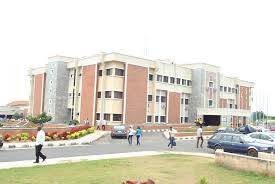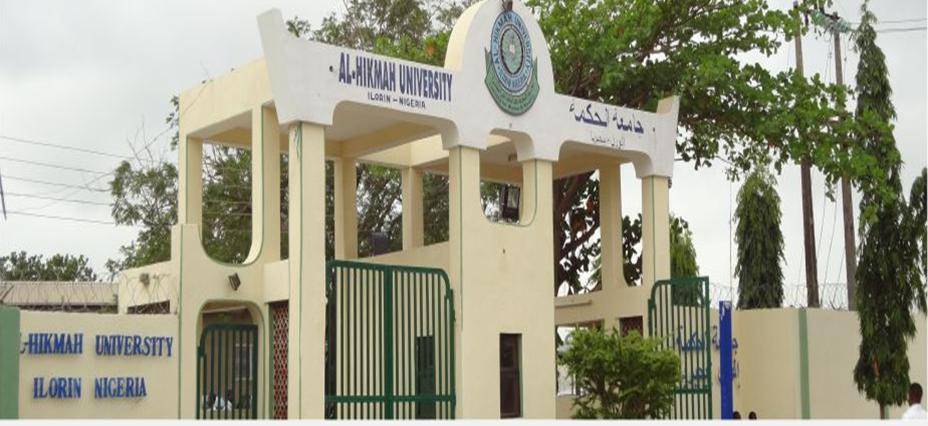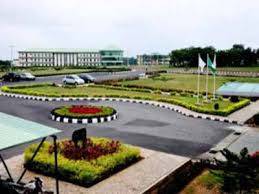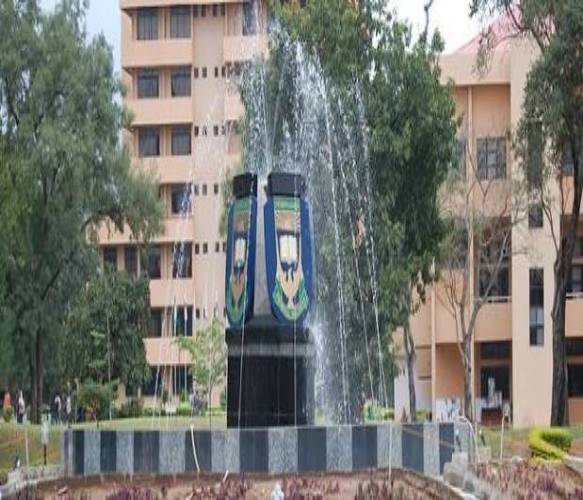Hotels.ng Blog
Explore the Best Places in Kwara
Search through 5 great places of interest and tourist attractions in Kwara

Recommended
-

Federal Polytechnic Offa
The Federal Polytechnic, Offa came into existence in 1992. A presidential pronouncement for its es... Hotels.ng . 02 May 2017 -

Kwara State University
This University, also called ‘KWASU’ is a state-owned and governed higher institution, establi... Hotels.ng . 02 May 2017 -

Al-Hikmah University
It is an Islamic tertiary institution with a goal to be a center of moral and intellectual excelle... Hotels.ng . 02 May 2017 -

Landmark University
Landmark University was founded as a Private Christian Institution, and is affiliated with the Liv... Hotels.ng . 02 May 2017 -

University of Ilorin
The University of Ilorin, also known as Unilorin was established in 1975, it is a public non-profi... Hotels.ng . 02 May 2017
Explore More Places in Kwara
-

Federal Polytechnic Offa
The Federal Polytechnic, Offa came into existence in 1992. A presidential pronouncement for its es... Hotels.ng . 02 May 2017 -

Kwara State University
This University, also called ‘KWASU’ is a state-owned and governed higher institution, establi... Hotels.ng . 02 May 2017 -

Al-Hikmah University
It is an Islamic tertiary institution with a goal to be a center of moral and intellectual excelle... Hotels.ng . 02 May 2017 -

Landmark University
Landmark University was founded as a Private Christian Institution, and is affiliated with the Liv... Hotels.ng . 02 May 2017 -

University of Ilorin
The University of Ilorin, also known as Unilorin was established in 1975, it is a public non-profi... Hotels.ng . 02 May 2017
